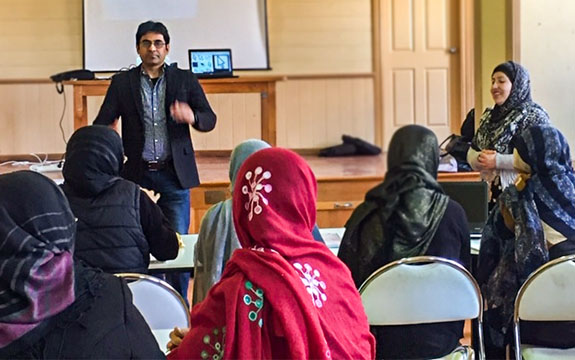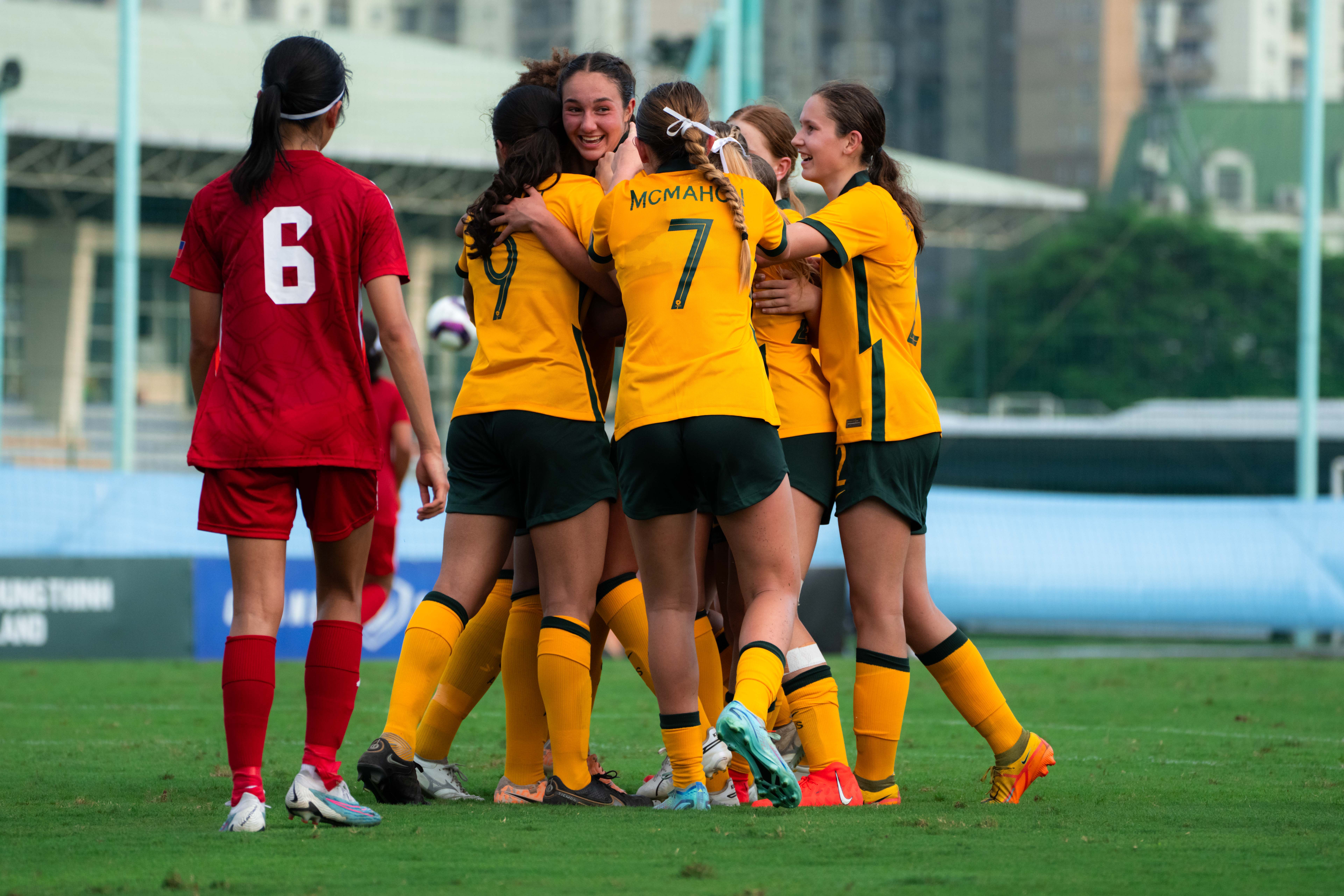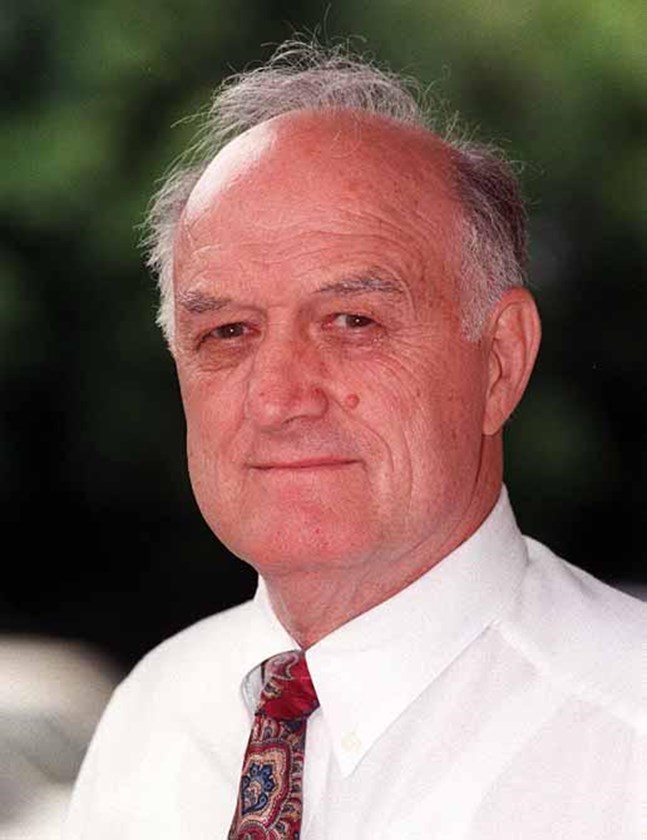
Dr Ahmed teamed up with Community Four, a not-for-profit organisation working with refugee communities.
Swinburne lecturer Dr Ashir Ahmed is using learning from his pioneering ‘Digital School in a Van’ initiative to change women’s lives in Dandenong, Victoria.
Since the late 1990s, hundreds of members from the Hazara community have fled violence in Afghanistan and migrated to south-east Victoria.
For the most part, children go to school and husbands to work, often leaving mothers and wives at home and experiencing a dramatic social and digital gulf.
Dr Ahmed teamed up with Community Four, a not-for-profit organisation working with refugee communities. He has applied his learnings from ‘outback’ Pakistan to help guide a group of 24 Dandenong-based women into the digital age, many who never had a formal education.
“The ‘Digital School in a Van‘ was piloted in December 2018. It took contemporary Australian educational approaches and computer technology to the most isolated of communities in the Pakistani countryside. It was while our team was working with female orphans it occurred to me there were groups just as isolated at home,” says Dr Ahmed.
“Our key learnings in Pakistan were that digital technology is now intuitive. If fear of the new is broken down and education is provided in a culturally appropriate and fun manner, dramatic educational outcomes can be unlocked.”
Working with CEO of CommunityFour, Gavin Ackerly and members of Swinburne’s Winter Impact Scholar program, where scholars lend their expertise towards social good, a digital education course was created.
The course is designed specifically for Hazara women in Australia and developed by Dr Ahmed’s team, which included students Ms Heer Ghandi and Ms Piyumi Anuththara Kariyawasam.
“It was culturally very important that a female gave the instruction and that the males involved understood social distancing cultural requirements in order to create an educational opportunity for this otherwise isolated group of people. Therefore, we appointed a professional to translate English to Persian (Farsi),” Dr Ahmed says.
Gavin Ackerly of CommunityFour says it is clear the outcome of this initiative will be significant.
“These women live in digitally-equipped households, where mobile phones and laptops abound, however they were excluded. Their level of enthusiasm for this knowledge is incredible. It will improve their lives in Australia as well as help breach the generation gap within their families.
“To see intelligent and competent people realise the power of digital communication and its necessity in society is really exciting for us – and them,” Mr Ackerly says.
Dr Ahmed adds: “Just as we saw in Pakistan last year with the ‘Digital School in a Van’, the opportunity participants recognised was humbling. It left us wondering why this kind of work had not been done earlier.
‘Swinburne’s’ Digital School in a Van’ initiative will return to Pakistan during the Australian summer but, in the meantime as we work with the Hazara community in Dandenong, I hope we will gain further insights to increase our impact when the van returns,” he says.








